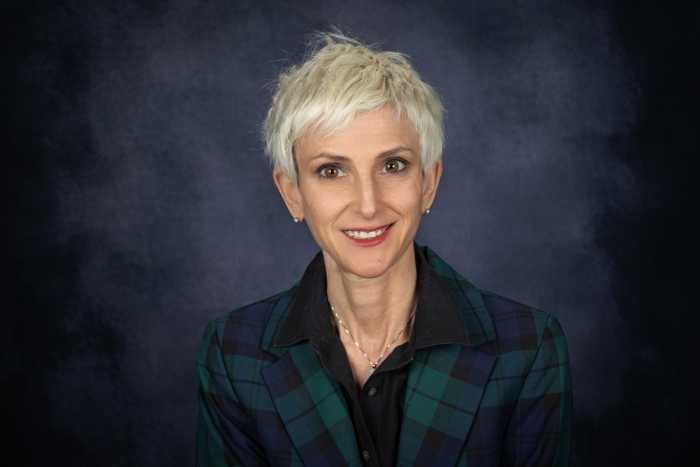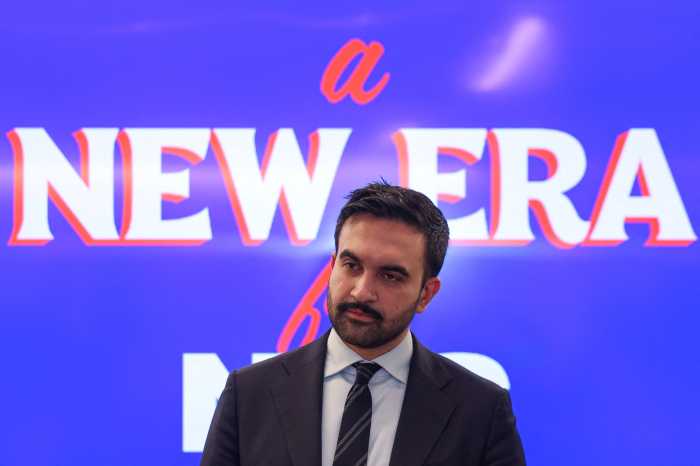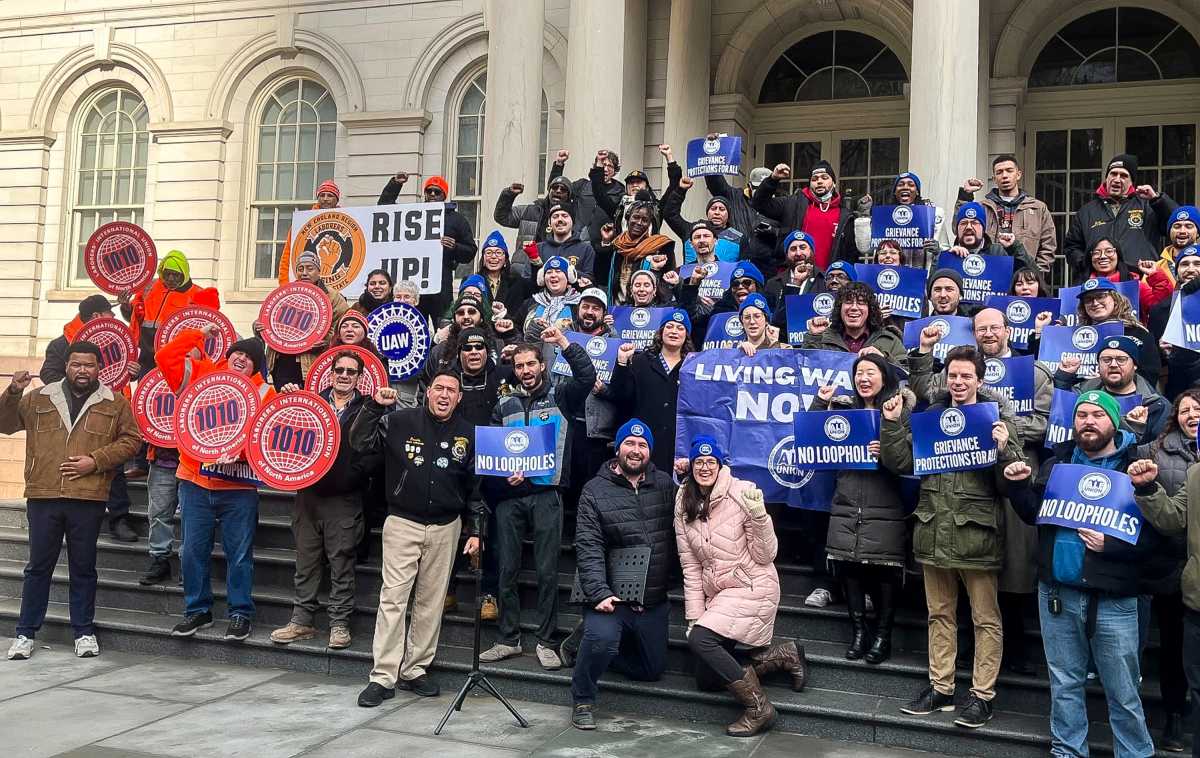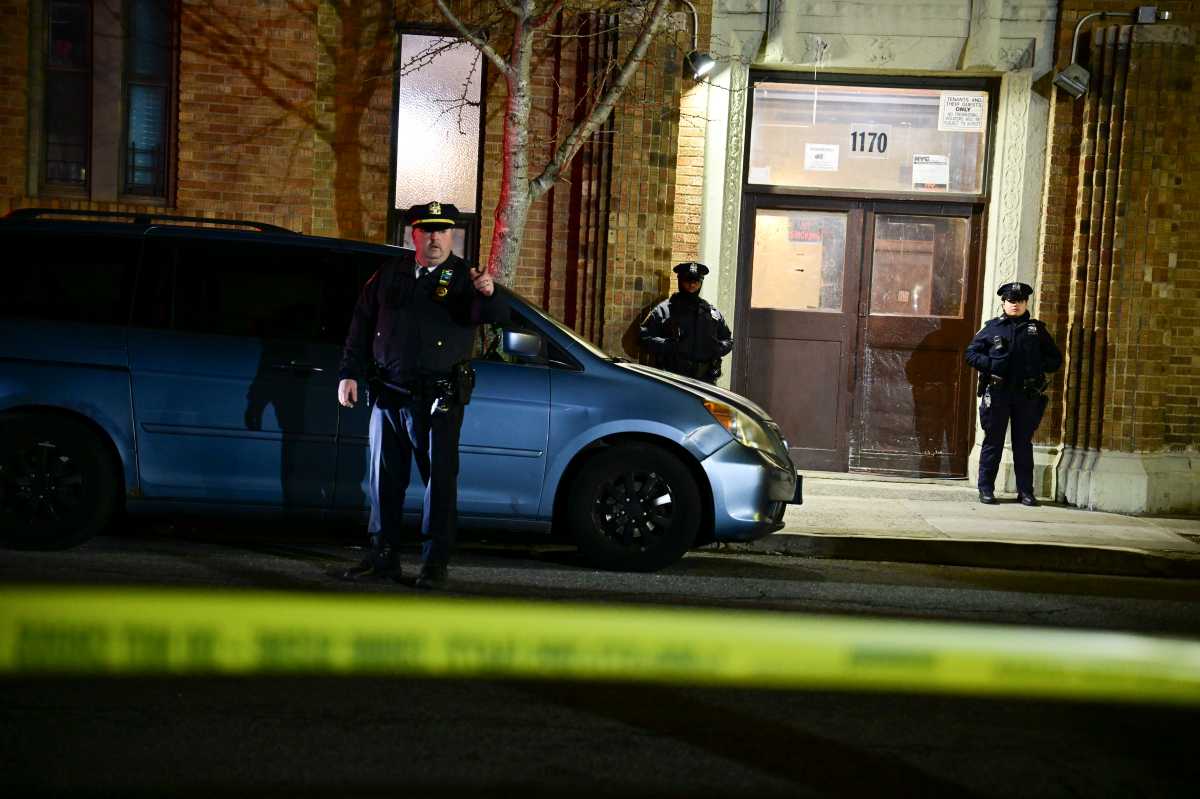A constitutionally suspect bill conservatives say they’ll use to censor LGBTQIA+ digital content is heading to the floor of the United States Senate. Civil liberties groups have expressed their opposition noting the potential for greater censorship and surveillance online. For states hostile to reproductive rights, that means cutting off valuable resources and access to care.
So, instead of bringing the paradoxically named Kids Online Safety Act to a vote, Senate Majority Leader Chuck Schumer (D-NY) and Democratic lawmakers should go back to the drawing board and ensure the bill protects our most vulnerable rather than expose them to new harms. The intent behind KOSA—to protect children online—is noble, but the latest draft remains plagued by constitutional and privacy
To put it bluntly: KOSA is a disaster waiting to happen. Its broad and vague content regulation and age verification mandates threaten free speech and privacy rights. The bill’spotential to be weaponized by conservative politicians to censor LGBTQIA+ content isn’t speculation – right-wing groups like the Heritage Foundation have openly declared their support for using KOSA to target and suppress queer voices. By giving the government the power to police social media content deemed “inappropriate” for minors, KOSA sets the stage for widespread censorship.
Critical resources for LGBTQIA+ youth, who rely on online communities for support and information, could be removed.Digital spaces provide a lifeline, with 74% percent of LGBTQIA+ individuals finding online spaces critical to understanding their identity. Crucially, access to online communities is linked to lower rates of attempted suicide among LGBTQIA+ youth. KOSA’s vague language that regulates content “harmful to minors” could leave struggling young people without access to community and understanding.
Digital platforms will err on the side of caution to avoidpenalties, removing access to content for both kids and adults. As platforms can’t always be sure of a users’ age, companies will mitigate their liability risk by censoring more content. Healthcare resources and digital support systems will disappear for adults, too. Free speech, protected by the 1st amendment, will be suppressed through threat of fines and litigation.
Dozens of organizations, including the American Civil Liberties Union, Fight for the Future, and Electronic Frontier Foundation, strongly oppose KOSA as written. They highlight the bill’s potential to undermine access to life-saving resources and information, not just for the queer community, but women’s healthcare, too. Following Supreme Court’s decision to overturn Roe v. Wade, online platforms became critical for those seeking reproductive healthcare. KOSA’s broad mandates threaten to increase government oversight and restrict access to these vital resources.
If Congressional Democrats genuinely want to protect kids online, they must abandon KOSA in its current form and take a more thoughtful approach. This means engaging with civil liberties experts, LGBTQIA+ advocates, and child protection organizations to create legislation that truly safeguards children without infringing on free speech or privacy rights.
Instead of trying to show they are doing “something” to protect America’s children online, lawmakers should focus on doing the right thing.
Rev. Carmen Hernandez is founder and president of the NYC LGBTQS Chamber of Commerce. Jeremiah Johnson is founder of the NYC New Liberals.
Read More: https://www.amny.com/opinion/







































